The Truth About Adult ADHD
Posted on September 16, 2012 by Debra Burdick
Adults with ADHD have trouble concentrating, struggle with organization, lose things, forget things, feel restless, and make impulsive decisions. These are all the same symptoms that children with ADHD experience. But ADHD impacts adult lives in some very specific ways.
There are a number of patterns commonly seen in adults with ADHD. These patterns are not listed in the official diagnostic criteria for ADHD but they occur often enough that they should be explored to help in making an accurate diagnosis. They are signs of how ADHD impacts a person’s life.
Ten common patterns seen in adult ADHD include:
- A pattern of impulsive behavior. This tendency to act without thinking through the consequences will show up in all areas of a person’s life including work, finances, relationships, and decision making.
- Drug addiction. This starts as young as sixteen years old and addiction rates for those with ADHD are reported in some studies as three times that of people without ADHD. This is often a form of self-medication to treat symptoms of ADHD such as hyperactivity, impulsiveness, distractibility, etc. There are much more effective treatment options available than these drugs!
- Smoking
 Traffic accidents due to risk taking, thrill seeking, and substance abuse. This is discussed by the National Resource Center on ADHD, a program of CHADD.
Traffic accidents due to risk taking, thrill seeking, and substance abuse. This is discussed by the National Resource Center on ADHD, a program of CHADD.- Job changes. This is due to impulsiveness, careless mistakes, not paying attention to detail, and poor task completion. In fact a Harvard study found that adults with ADHD earn as much as $15,000 per year less than peers without ADHD!
- Financial problems. This is the result of poor money management, poor planning, and impulse buying.
- Low self esteem. Adults with ADHD are often bombarded with negative messages about themselves that transform into negative self-talk.
- Family history of ADHD. There is nothing you can do to change this but it helps to know if it’s there.
- Road rage. This results from poor impulse control, anger, frustration and impatience.
- Twice the average divorce rate. This is due to impulsivity, and being unreliable, and reckless. It also reflects inability to pay attention during conversations and not being able to follow through and complete tasks. Things as simple as forgetting to pick up milk on the way home as promised contribute greatly to this especially the twenty-ninth time it happens.
This list makes it even more compelling to seek treatment for ADHD. With treatment, these patterns can be addressed, lessened and sometimes prevented in the first place.
There are a number of effective treatment options for adult ADHD including counseling, coaching, support groups, Neurofeedback, medication, Naturopathic medicine, Acupuncture, Meditation, and Nutritional Supplements. Keep in mind that these treatment options do not cure ADHD.
Counseling helps the adult with ADHD learn how to manage the ADHD symptoms, deal with the stress of having ADHD, and manage and improve their ability to deal with ADHD both functionally and emotionally. A two pronged approach addresses such things as negative self-talk, self-esteem, mindfulness and stress management and also teaches point of performance skills to improve organization and task completion.
Coaching teaches coping skills, organizational skills, and helps the person learn how to manage and thrive with ADHD. A key factor in coaching is that it provides accountability to help the adult with ADHD stay on track.
Support groups are very helpful in managing ADHD. They connect people who have ADHD. The group participants support each other and learn from each other. Many great ideas are shared among the group members.
Medication temporarily reduces the symptoms of ADHD. The effects last as long as the medication lasts and wear off as the medication wears off. Medication must be taken continuously in order to obtain continuous improvements. Medication can be very effective but many adults cannot tolerate the side effects. Medication works best when combined with other treatment options such as counseling.
 Neurofeedback addresses the underlying brain dysregulation present in people with ADHD. It teaches the brain to regulate itself better. Studies show that Neurofeedback is extremely effective for ADHD and when enough Neurofeedback has been completed, the improvements gained will persist after the treatment ends. This is as close to ‘curing’ the symptoms of ADHD that any of the treatment options attain but even Neurofeedback experts are reluctant to state that it ‘cures’ ADHD.
Neurofeedback addresses the underlying brain dysregulation present in people with ADHD. It teaches the brain to regulate itself better. Studies show that Neurofeedback is extremely effective for ADHD and when enough Neurofeedback has been completed, the improvements gained will persist after the treatment ends. This is as close to ‘curing’ the symptoms of ADHD that any of the treatment options attain but even Neurofeedback experts are reluctant to state that it ‘cures’ ADHD.
Naturopathic medicine identifies and addresses issues underlying ADHD such as toxins and nutritional imbalances. Often when these are rectified the ADHD symptoms improve.
Acupuncture identifies energy imbalances and restores proper energy flow through the body. Some people report a calmness and improvements in ADHD symptoms that persist after treatment is completed.
Mindfulness Meditation is a great way to improve self-regulation that is so difficult for those with ADHD. It helps adults with ADHD increase their ability to stay present in the moment and slow down the busy brain that usually accompanies ADHD. It can be incorporated into all aspects of the day. And studies show it works well to reduce the symptoms of ADHD!
Nutritional Supplementation may be very helpful in moderating ADHD symptoms. Studies are very encouraging. Magnesium, zinc, and Omega-3 fatty acids are often deficient in people with ADHD. A holistic health practitioner can guide you to determine which ones might help you or your child.
I would love to hear your personal experiences with this topic.

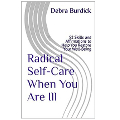
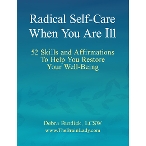
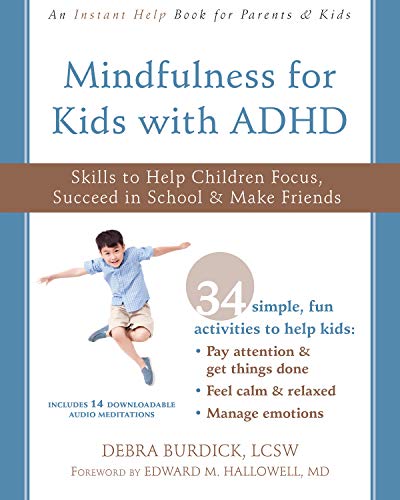
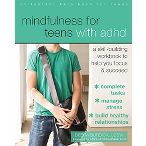
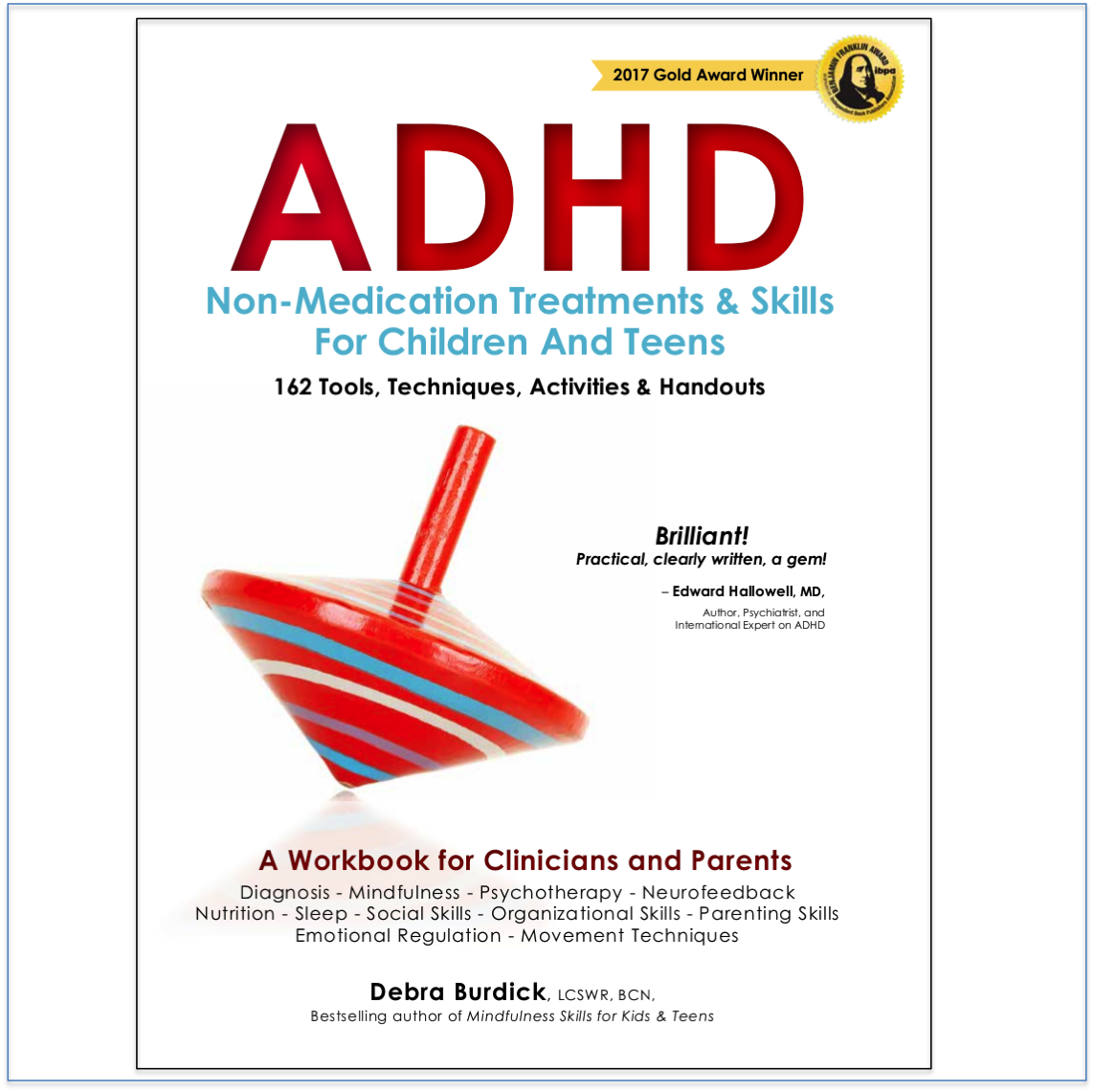
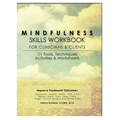
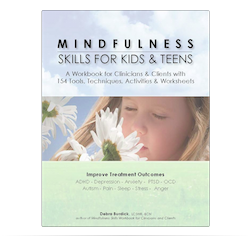
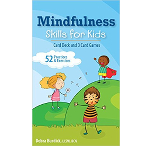
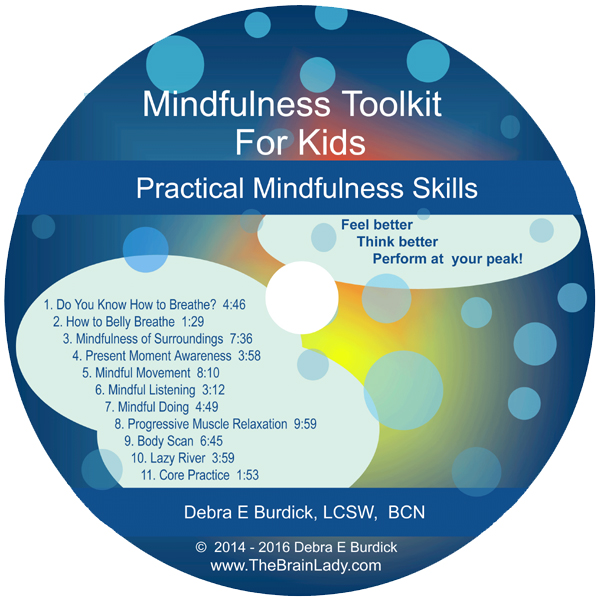
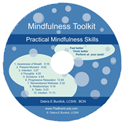
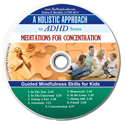
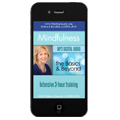
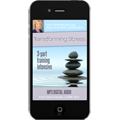
4 comments
I am quite sure I have ADHD. At age 66, I see it as progressively worse after major traumatic events in my life and
am seeking diet shift and a group support situation. I have been on drugs for
depression, but would not do drugs again . . a temporary fix and a nightmare to
get off of.
If this kind of help is available here please let me know . thank you
Donna
donnalaughlin@me.com
Donna,
Depending on what you need, help is available both in person and via phone, and soon via teleseminar boot camps. Contact me at deb@TheBrainLady.com for more information.
I am out of my mind over the start of Vyvanse to my 7 year old amazing grandson (super IQ but difficulty in school). How do I deal. He has been with me every weekend since birth. My daughter did try diet, exercise, etc but she travels about 100 days/year and her husb did not stick to it. Out of convenience (my thoughts) they are giving him speed. He is 7. He can purchase a calculator to add/subtract, but it’s a bit more difficult to find a new liver. I have not slept in the 3 days this happened. I have worked in HC for 40 years and well aware of the physician/big pharma reality. Cochrane reviews state these drugs are useless long-term but lasting effects in just 2 weeks that go into adulthood. And I am not on board with EVER giving a child amphetamines. What research on hyper high-tech life of kids today, then putting them in “down time” at school to “sit still now” and if you can’t, we will feed you speed !!!! Please help.
Hi Colleen,
I totally understand your concern over putting your grandson on Vyvanse. I reluctantly put my own daughter on meds but was able to get off of them with Neurofeedback.
I am wondering if you, his teachers or his parents have observed any improvement in his ability to pay attention or sit still in school, or get better grades. The medication can be very effective for many kids.
I’m not sure if you’ve seen my book, ADHD: Non-medication Treatments and Skills for Children and Teens, https://thebrainlady.com/products/adhd-non-medication-treatments-skills-for-children-and-teens/. It is full of non-drug options to help those with ADHD. One of the modalities covered in the book is Neurofeeback. I got my own daughter off of ADHD medication when she was 13. She graduated from college with 3 years on the Dean’s list and no need for medication. I was a Neurofeedback practitioner for many years and helped many clients improve concentration and reduce hyperactivity, and many were able to reduce or eliminate medications.
There are also lots of other resources for kids his age with ADHD on my website. http://www.TheBrainLady.com
It can be very hard, as a grandparent, to see your grandchildren being put on medications you disagree with and over which you have no control. It’s fair to let your daughter know your concerns. Maybe you can show her my book or my website.
Warmly,
Deb
The comments are closed.